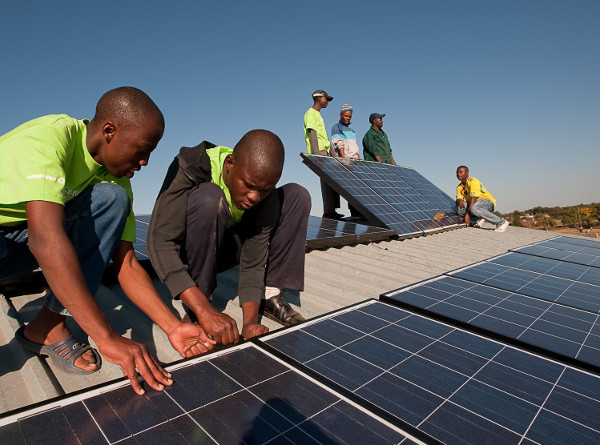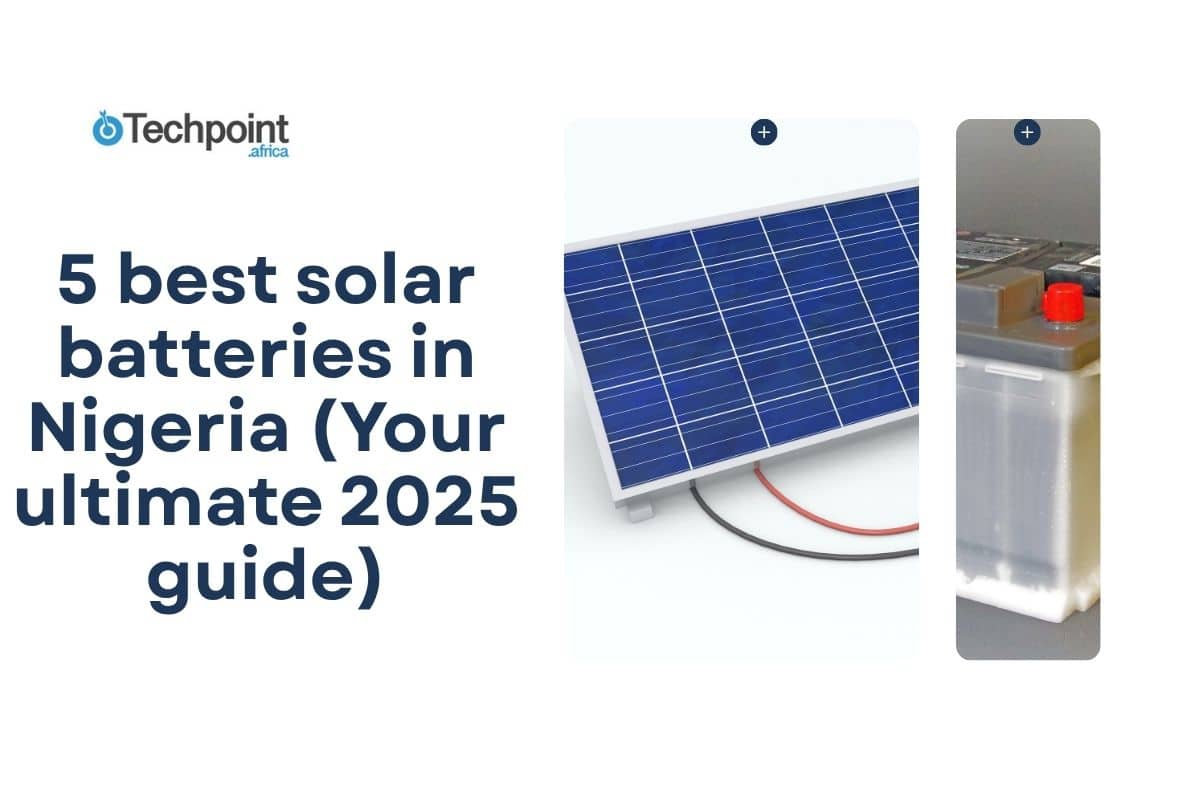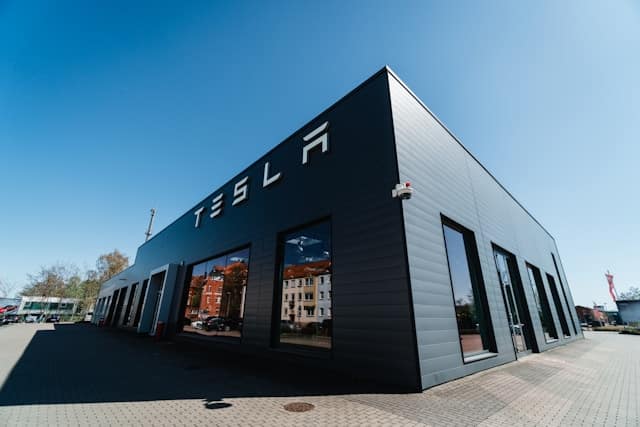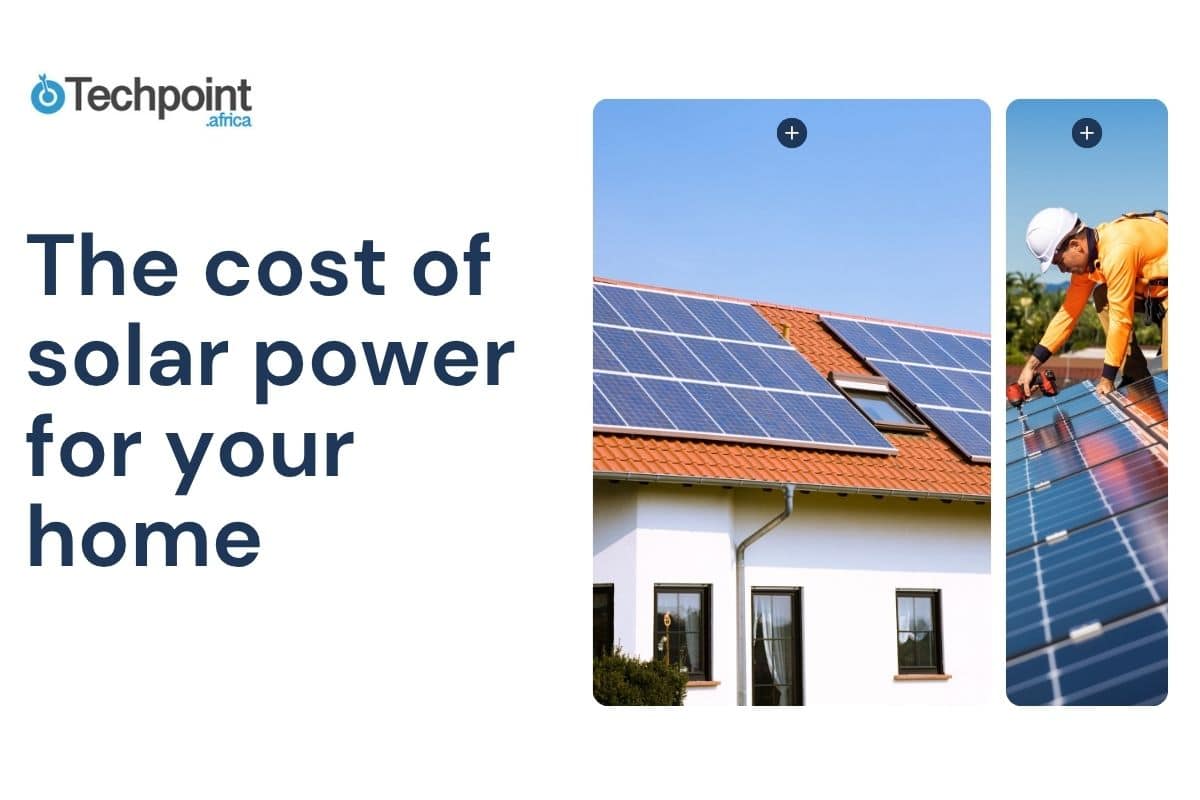The news:
- The Global Energy Alliance for People and Planet (GEAPP), a climate organisation supported by the Rockefeller Foundation and the Bezos Earth Fund, is pushing a solar mini-grid initiative to tackle Nigeria’s chronic power issues.
- Launched in 2021 in collaboration with the Ikea Foundation, GEAPP’s efforts focus on developing renewable energy infrastructure.
- The organisation completed its first interconnected solar mini-grid in December 2023, and two more are currently under construction, with funding secured for a fourth.
These mini-grids, operated by private developers, serve as a complementary power source, providing much-needed support to the national grid, Nairametrics reports.
The initiative is part of a broader mission to enhance energy access and reduce the nation’s reliance on conventional energy sources.
Nigeria, the most populous nation in Africa, struggles with an unreliable electricity supply, affecting productivity across both households and businesses.
Around 86 million Nigerians currently lack access to electricity and the rest experience frequent outages due to the country’s underperforming national grid.
Solar energy holds great promise in Nigeria, which receives an average of six hours of sunlight daily. This potential translates into an estimated capacity of 427,000 megawatts for both concentrated solar power and photovoltaic generation.
Central to the success of this project is GEAPP’s Demand Aggregation for Renewable Technology (DART) programme, which aggregates the needs of various developers to lower solar equipment costs.
Additionally, the programme oversees a $25 million financing facility that helps developers secure funding in dollars for equipment imports, with repayment structured in naira once revenues are generated.
This innovative financial model is critical in advancing the renewable energy sector, especially given Nigeria’s import-dependent economy.
Nigeria’s national grid generates around 4,000 megawatts of electricity — approximately one-sixth of South Africa’s capacity, despite Nigeria’s population being significantly larger.
The country’s power issues are compounded by frequent grid collapses, with three failures recorded in a single week.
These outages are a major challenge for the country’s more than 200 million people, as consistent power supply remains a distant goal.
To alleviate these issues, GEAPP’s country delivery lead, Muhammad Wakil, emphasised the need for hundreds or even thousands of similar projects to combat energy poverty. “We have shown it’s a viable business model,” Wakil noted.
In addition to GEAPP’s initiative, the Nigerian government recently launched a rural electrification project, supported by $750 million in World Bank funding.
This project, overseen by the Rural Electrification Agency (REA), aims to provide electricity to 17.5 million people, contributing to ongoing efforts to increase energy access and reduce poverty across the country.
While these solar mini-grids and rural electrification projects are essential steps forward, large-scale, sustained investments in renewable energy infrastructure will be necessary to address the country’s power challenges fully.











